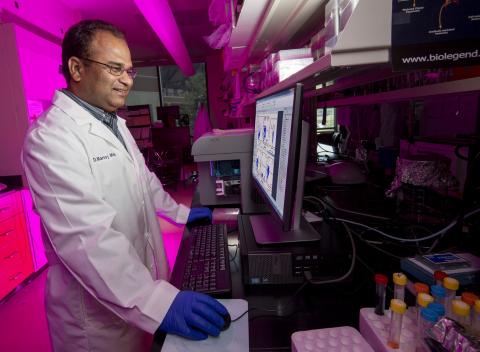ByErnie Suggs – The Atlanta Journal-Constitution
Forget the football duels between North Carolina Central and North Carolina A&T. It doesn’t matter if Howard or Hampton is the real “HU.”
The biggest rivalry in the black college universe might be between Cheney University and Lincoln University — two very old schools separated by 24 miles of U.S. 1 in the rural outskirts of Philadelphia.
» GO DEEPER: Perilous times for black colleges
» FULL COVERAGE: The entire “HBCUs: A Threatened Heritage” series
Both schools have educated the sons and daughters of former slaves for close to 200 years. Both have clear founding dates and strong histories.
But which came first?
“We always say we the oldest because of the date,” said Tony Butler, a Cheyney alum who now lives in Atlanta. “In all seriousness, we were out there doing what we do before others. And that is a fact.”
At issue is the definition of college.
Cheyney was founded in 1837 — one year before Pennsylvania banned blacks from voting — by Richard Humphreys, a Quaker philanthropist. Humphreys bequeathed $10,000, one tenth of his estate, to design and establish a school to educate the descendants of the African race. The original name for the school was the African Institute, before it changed to the Institute for Colored Youth.
In 1854, Ashmun Institute was founded in the rolling farmlands of southern Chester County, with one clear distinction — it immediately began awarding college-level degrees in liberal arts to blacks as it also quickly transitioned to Lincoln University in 1866 to honor a slain president.
“We were founded as a B.A. degree-granting institution, grounded in the liberal arts,” said Brenda Allen, a 1981 graduate of Lincoln and the school’s new chancellor. “When Lincoln was started, there was an early sensitivity about the inhumanity of slavery. That was the framework that the founders, who were abolitionists, brought.”
The Lincoln University campus is dripping with history. Old buildings and even older cemeteries dot the campus. No one knows where Langston Hughes (Class of ’29) and Thurgood Marshall (Class of ’30) lived on campus, but the two, along with actor Roscoe Lee Brown (’46), Ghanaian President Kwame Nkrumah (’39) and educator Horace Mann Bond (’23), the first black president of the school and father of Julian Bond, loom large at the school.
“Lincoln has never lost its spiritual legacy,” said the Rev. Frederick T. Faison, the school’s chaplain from his chapel office, which was built in 1890. “It has had an enduring legacy in the black community and I am so grateful to the imagination of black people who were willing to keep singing about freedom.”
It wasn’t until 1914 that the Institute for Colored Youth changed its name to the Cheyney Training School for Teachers and began awarding its first college degrees. During the 77 years from Cheyney’s founding to when it started awarding degrees, 97 historically black colleges and universities were founded. read more



